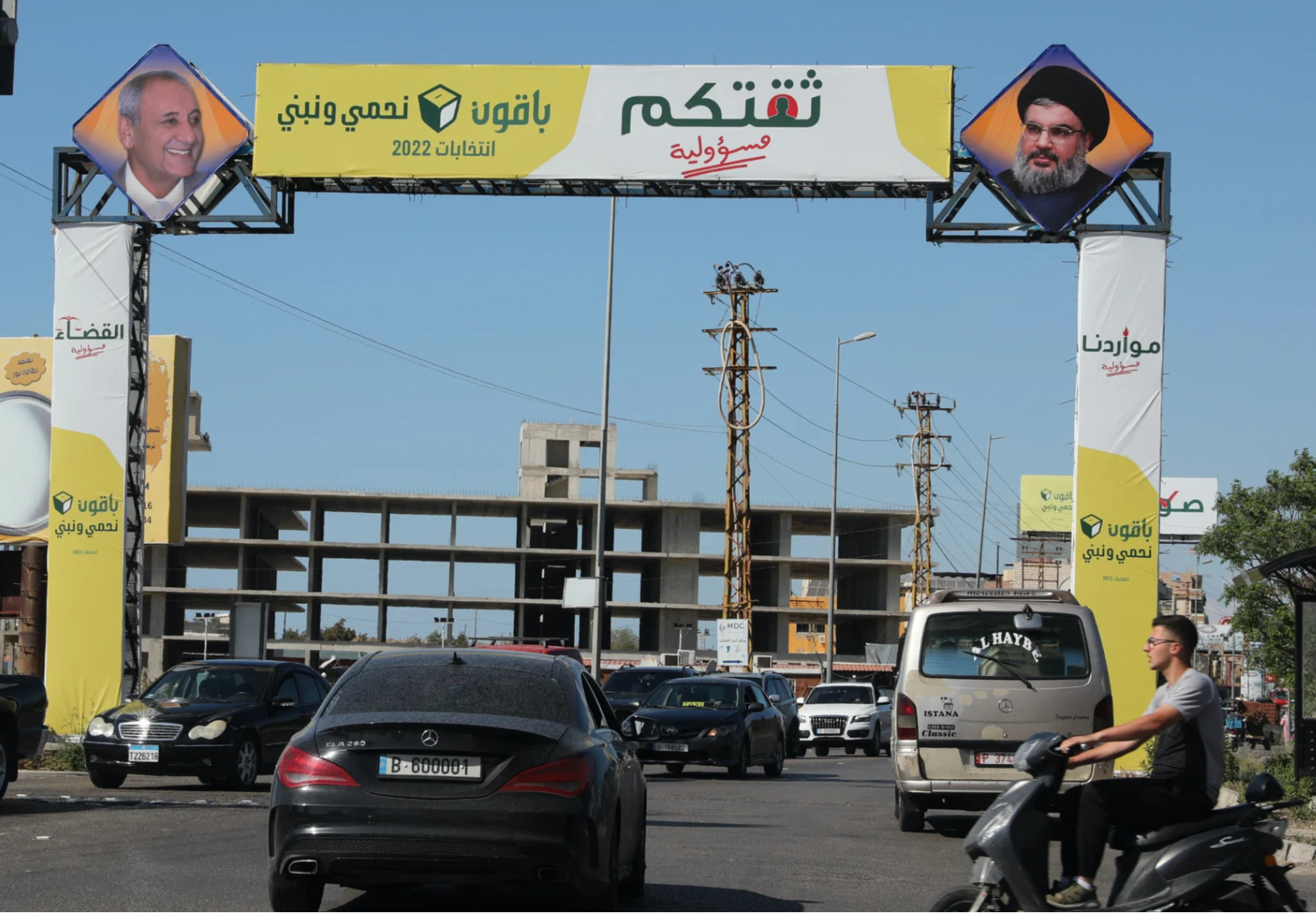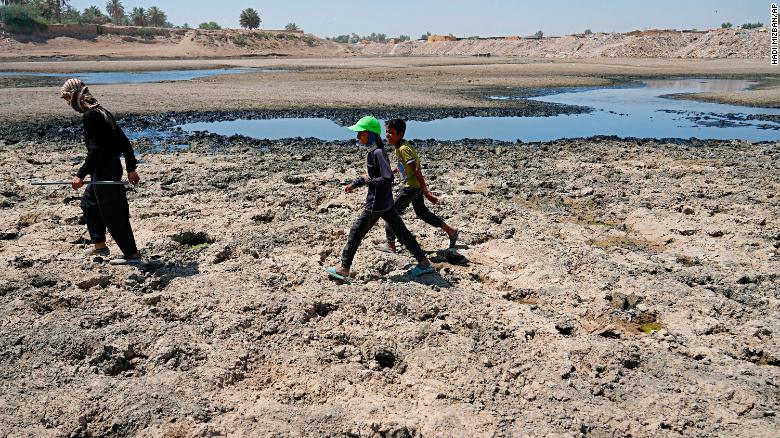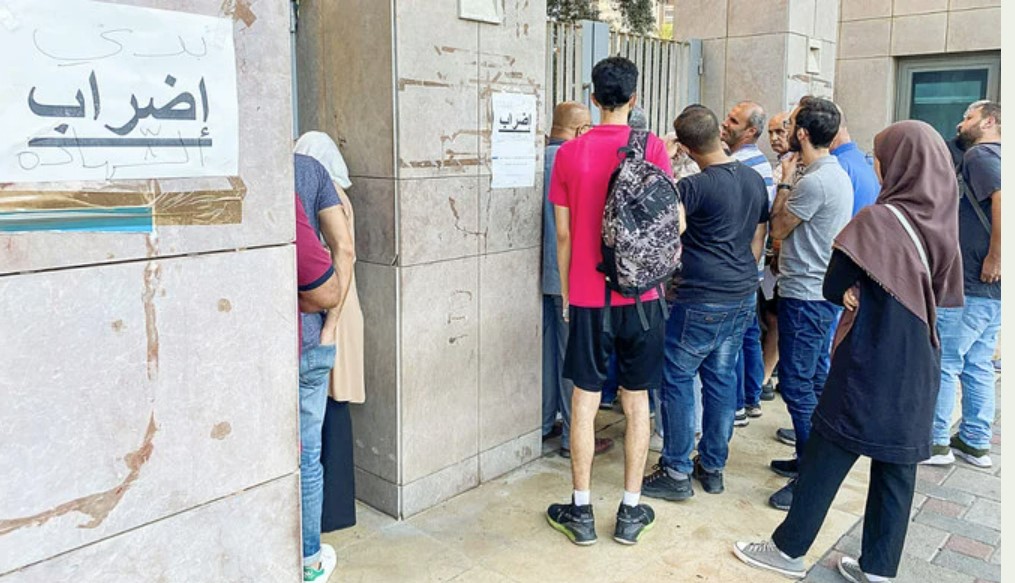
By NADIA AL-FAOUR — arabnews.com — DUBAI: Even before the economic collapse in Lebanon, Syrian and Palestinian refugees living there were struggling to get by. Many chose to uproot themselves once again and set out in search of greater security overseas, often turning to people smugglers for help. Now, the situation looks so hopeless that a growing number of Lebanese citizens who lack the means to pay for safe and legal passage abroad are also risking the same dangerous, illegal sea crossings to Europe. In early June, the Lebanese military apprehended 64 people in the north of the country who were attempting to board a smuggling vessel bound for Cyprus. Among them were several Lebanese citizens, driven to desperation by severe economic hardship. “I cannot feed my family. I feel like less of a man every day,” Abu Abdullah, a 57-year-old delivery worker from Tripoli, the poorest city in the country, told Arab News. “I would rather risk my life at sea than hear the cries of my children when they grow hungry.”
Inflation, unemployment, shortages of food, fuel and medicine, a crumbling healthcare system, and dysfunctional governance have created a perfect storm of poverty and hopelessness. Shortage of grain as a result of the war in Ukraine has compounded Lebanon’s economic woes, with the prices of staples skyrocketing. Queues for bread are a common sight in many towns while public-sector workers have often gone on strike demanding better pay. The nation’s currency has lost about 95 percent of its value since 2019. As of July, the minimum monthly wage was worth the equivalent of $23 based on the black market exchange rate of 29,500 Lebanese pounds to the dollar. Before the financial collapse, it was worth $444. About half of the population now lives below the poverty line. “My salary barely lasts a few weeks and the tips I get amount to nothing,” said Abu Abdullah. “One of my sons roams around the neighborhood dumpster diving, looking for tins and plastic to sell. It breaks my heart having to see him do this. But in order to eat we don’t have another choice.”








